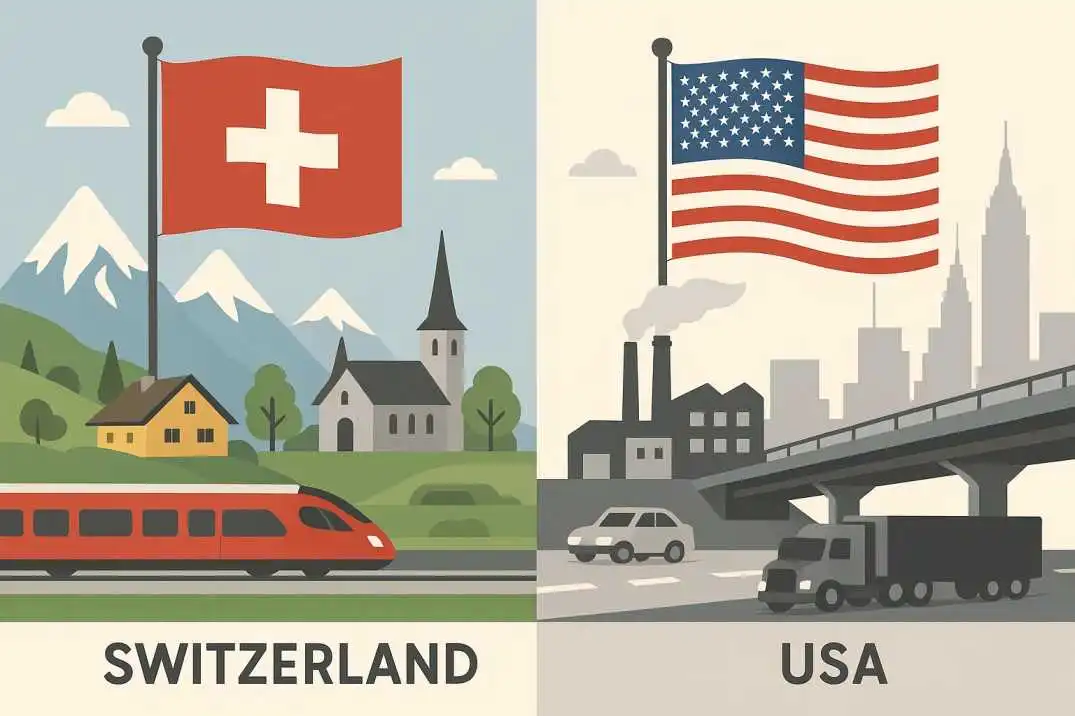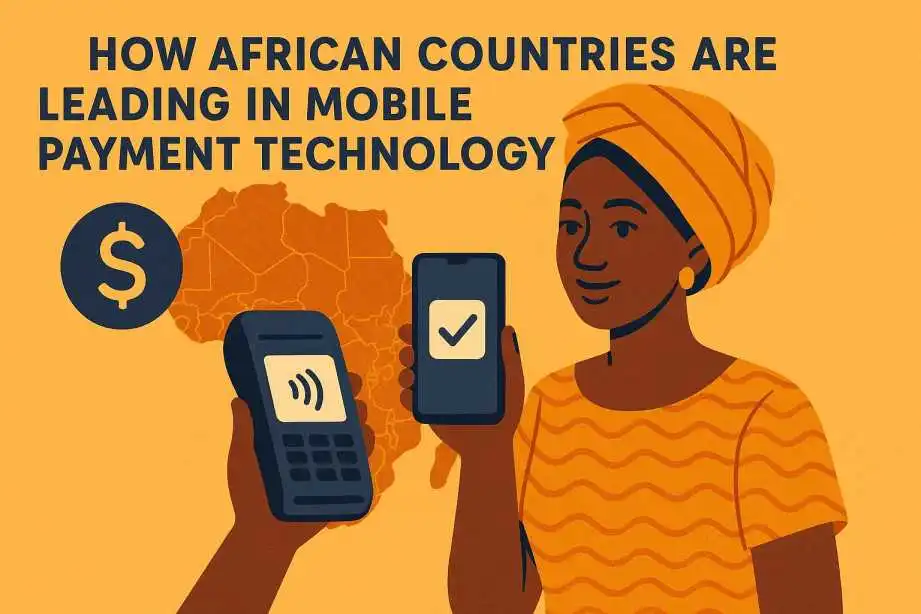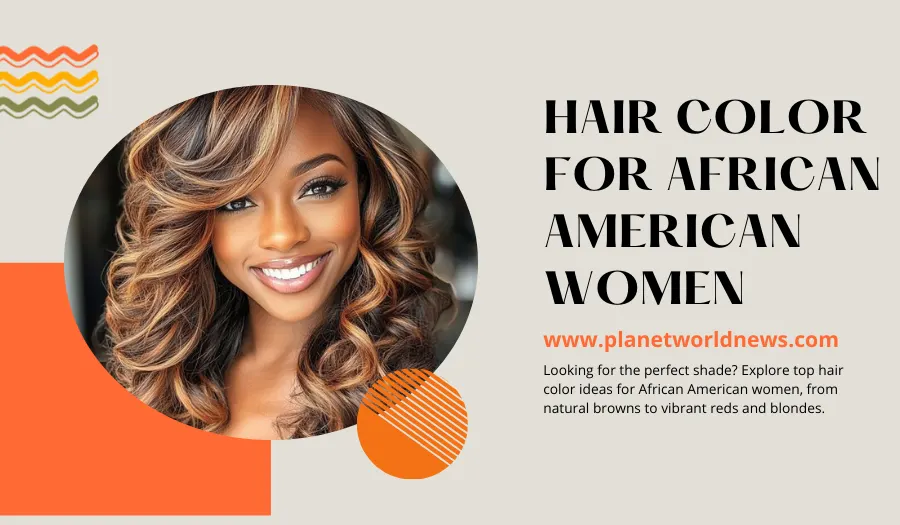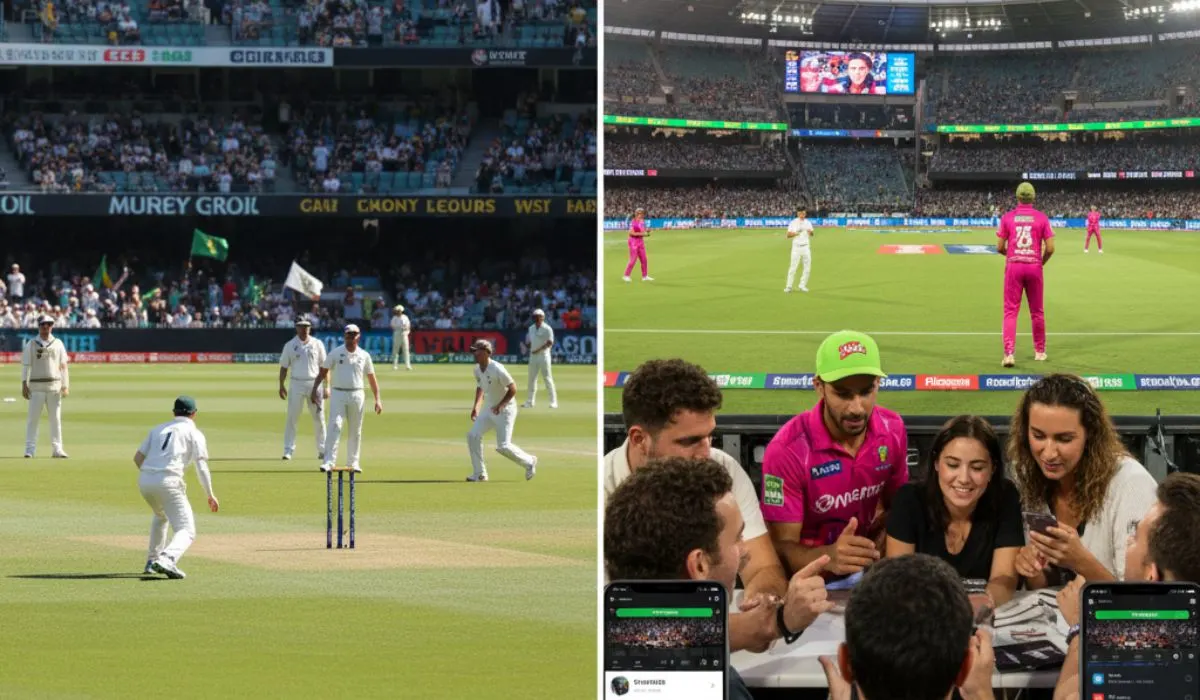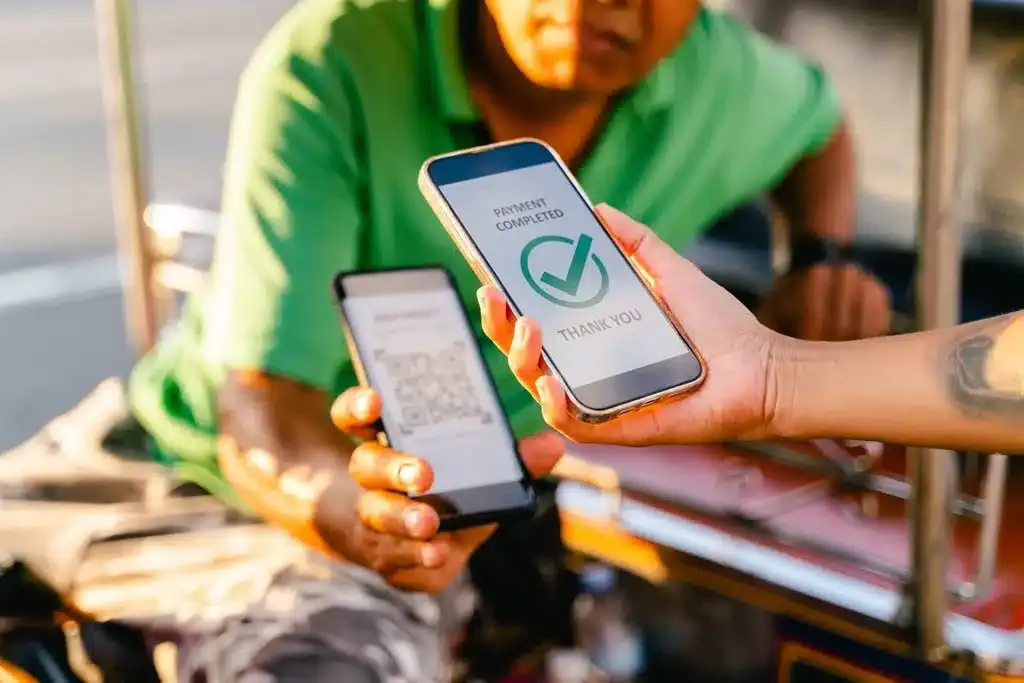
Soon without I entered medicine in 2005, I realized that I was increasingly interested in the human wits of illness than the illness itself. I completed a rotation in medical oncology while doing a combined MD and PhD in cancer research at the University of Toronto. The oncologist would talk to the patient well-nigh their cancer, their chances with treatment and so on—and then they would leave. It was the nurses and social workers who would stay to deal with questions like: “Oh my goodness, what am I going to tell my children?” I wanted to stay virtually for those conversations. I ended up specializing in cancer psychiatry at the University Health Network, or UHN, where most of my patients are dealing with cancer. What I find most engaging and meaningful is helping people deal with questions of life and death.
RELATED: Most Canadians support medical assistance in dying. So why is it considered controversial?
When MAID became legal in Canada in 2016, hospitals scrambled, trying to icon out how to respond. I’m in the semester of psychosocial oncology at UHN, and our department head, Gary Rodin, stepped up and said we would take on designing MAID protocols. His reasoning was that our department is used to helping people grapple with death—that’s our specialty. He asked if I would volunteer to throne up UHN’s MAID framework, and I jumped at the chance.
As the throne of UHN’S MAID program, I oversaw hundreds of cases. I moreover personally provided MAID numerous times. I can’t tell you how many, considering I don’t alimony track. They’re not trophies—this is usual care. I see a lot of death: 60 per cent of my patient population in routine clinical superintendency die. I don’t alimony track of how I help them die, whether by MAID or my regular psychosocial care.
Being a MAID provider requires what I undeniability exquisite professionalism: my personal values shouldn’t matter when it comes to how I assess a patient for MAID. Having said that, my opinion is that we shouldn’t be providing MAID for mental disorders—and increasingly widely than that, for chronic illness. I don’t think death should be society’s solution for all forms of suffering. Society needs to stipulate on what types of suffering are towardly to respond to with MAID. If someone is suffering primarily considering they can’t sire housing rather than directly from a qualifying medical condition, do we think that death is the towardly solution for that? If your suffering is considering you can’t sire your medication, or other structural vulnerabilities only indirectly related to a medical condition, is that a good reason for MAID? I personally think this is the medicalization of suffering, but I’m a servant of my country, and I will do what the public mandate demands. I’m just not sure we have that mandate.
READ: Thousands of patients. No help. Meet the lone family doctor of Verona, Ontario.
I moreover find it maddening that the law itself is missing crucial safeguards for patients. The original MAID law stipulated, among other requirements, that a patient’s natural death has to be “reasonably foreseeable.” In 2021, this condition was successfully challenged in a magistrate case, which created a second MAID track for people with serious and chronic (but not life-threatening) illness. This year, the law was set to expand to include patients whose sole reason for seeking MAID is mental illness. The government just spoken that it would seek a one-year wait in the expansion to indulge increasingly time to prepare the health-care system. The wait was the right move. I’m part of a team developing guidelines and training for practitioners, and we need the time to finalize and disseminate this. This information and training wasn’t misogynist in 2021, and I think this is the reason there have been some problematic cases.
The stakes are higher when you requite MAID to someone who wouldn’t otherwise die. I was on undeniability recently and was consulted to see a patient admitted to the hospital for chronic pain. This patient has a ramified medical and psychiatric history, significant trauma and a lot of psychosocial vulnerability. They are lonely. The patient was told there is nothing remoter that could be washed-up for their pain, and so they asked to wield for MAID.
I was not their MAID assessor, but I was asked to consult as a psychiatrist for peepers and suicidality. The patient told me that if they didn’t finger quite as lonely, if they felt that anyone cared well-nigh them at all, they probably could tolerate their pain better. I expressed to this patient that I thought it would be a unconfined loss to society if they died considering they had unsalaried and still had a lot to offer. In other words, I expressed caring, which seemed to midpoint everything to this person.

“I expressed caring, which seemed to midpoint everything.”
I did my weightier to well-wisher for getting this person into a study for psychedelic-assisted psychotherapy, which I thought could be very helpful, but I wasn’t successful. There was no way they could sire it privately, since it financing thousands of dollars. This was so morally distressing to me. This person was willing to have the treatment, but couldn’t wangle it. I think it would be a tragedy if this lovely person went superiority with MAID. As far as I know, this person is now applying for MAID. I have no doubt in my mind that when they apply, they could be found eligible and receive it.
That specimen gives me so much distress. I have to fight with myself not to follow that patient and counsel them: hold on, a study might open, just requite it a little increasingly time. But I can’t take on every patient, and I don’t think society will overly be worldly-wise to completely fill the gaps in wangle and resources. The law desperately needs a greater role for clinical perspective. Right now, MAID towage is a checklist of legal requirements: you have to be considered capable of making your own decisions, be whilom 18 years of age and have a “grievous and irremediable” condition, among other stipulations. It’s well-nigh checking boxes. Increasingly than that, MAID assessors typically parachute into a patient’s life: they don’t typically have a long-term relationship with them.
Crucially, the law does not require a clinician to sit with the patient and have a meaningful discussion well-nigh their desire for death—and what social and societal factors might be playing a part. I’m trying to put that lens into the education curriculum we’re developing for clinicians, but it needs to be written into the law to have the weight of a legal requirement.
The MAID track for people without a terminal illness stipulates that the clinician must have “discussed with the person the reasonable and misogynist ways to relieve the person’s suffering, and stipulate that the person has given serious consideration to those means.” I don’t think that’s sufficient. It should say something like “the clinician has to stipulate that there have been reasonable attempts at treatment.” The practice guidelines and training will suggest this, but they are optional recommendations, and variegated jurisdictions and providers will prefer them unevenly.
Early on, I had a young patient who had cancer with a 65 per cent endangerment of cure. This person refused any treatment, and two other MAID assessors well-set they met all the eligibility criteria, in that they had a grievous and irremediable condition—it was irremediable considering they didn’t want the treatments available. That’s what the law currently states: as long as the patient doesn’t want the treatment, their condition is considered irremediable—even if there are constructive treatments.
But not treating a cancer with such a upper endangerment of cure goes versus medical practice standards. The doctors involved had a lot of moral distress well-nigh this person’s request for MAID. This person signed consent for me to share their story, but I finger differently well-nigh it than they did. They saw it as an expression of their autonomy; I saw it as dystopian.
This person organized a goodbye party. They invited all their friends to the hospital socket and ordered pizza, calling it a reverse birthday party. It was a large gathering of friends. They had well-nigh eight people in the room where I was going to supervise MAID. They got into a hospital bed, and everyone in the room laid a hand on them. There was so much crying in the room, including from their parents.
The IV was set up and prepared. “This is the very last time I’ll ask you this,” I said. “Are you sure?” They looked at me and said yes. And then the syringes went in, one without the other. The whole thing usually takes well-nigh five minutes, although it took longer than usual in this specimen considering the patient was otherwise young and healthy. Sooner their heart stopped, I left the room and did my usual post-MAID routine: tabbed the coroner, reported the death and filled out the paperwork. We unchangingly have social workers and spiritual superintendency misogynist for the family and friends, but this time no one asked for spare support. Without the coroner cleared everything, they started wayfaring off one by one.
I didn’t regret it at first. But when I started thinking tightly well-nigh how to largest safeguard this process, I regretted ending this young person’s life. I just parachuted in, I didn’t know this patient. And I didn’t take the time to have a meaningful discussion with them. I didn’t sit lanugo and say, “Why don’t you just try this treatment? If it’s as bad as you think it’s going to be, MAID will be available.” MAID was so new then, and we were all so focused on patient autonomy. The current law has no place for clinical judgement, and no stipulation for meaningful conversation. If it did, this person may be working today.
Gaps in the law wilt a worthier problem with mental disorders. It’s not at all clear, plane for a practising psychiatrist like me, what to do for a patient with a mental illness who asks to die. I recently had a patient with chronic peepers who was planning to wield for MAID until we finally found an constructive treatment. They asked me how requests in patients with peepers would sooner be assessed. I said we’d have to distinguish a rational desire to die from one driven by depression, and they replied, “But why would I want to die if it wasn’t considering of the depression?” That gave me pause. At the very least, I think we need to prompt clinicians to exercise clinical judgment—both the clinician and the patient should finger that there have been reasonable attempts at treatment. And rather than just checking boxes, we should have to sit lanugo and have a meaningful conversation well-nigh the desire for death.
Finally, there needs to be a well-spoken temporal timeframe in the law prescribed to the phrase “reasonably foreseeable natural death.” This was part of the original law, which was very Canadian—it was purposefully vague so as not to upset anybody. But in practice, providers have interpreted this to midpoint anything from a few months for terminal illness to several years for chronic illness. The MAID track for people who don’t have a reasonably foreseeable natural death is increasingly safeguarded, including a 90-day waiting period and required expertise on the condition underlying the request. It’s not unscratched clinical practice for people who potentially have years to live to shirk these safeguards.
I think we have forgotten, over the past several years, that our roles as health superintendency providers is to help patients make the weightier decisions for themselves. I’m not trying to deny patient autonomy—it’s their decision—but I don’t think I should blindly defer to autonomy. It’s so nuanced, considering again, I have to alimony my personal value system out of it. Helping someone die, expressly when they wouldn’t otherwise, shouldn’t be a matter of checking things off a list.
The post I am a MAID provider. It’s the most meaningful—and maddening—work I do. Here’s why. appeared first on Macleans.ca.


